Health organizations and governments around the world are seeking effective sugar reduction solutions in food and beverage products, and specifically reduced-sugar juices. In two labs in Israel, scientists and entrepreneurs are using their expertise to innovate solutions for that next glass of juice – no matter where you live.
On the one hand, adverts have long sold the idea of drinking natural juices as a healthy course of action. On the other hand, fresh fruit juice is packed with sugar and now there’s a growing health awareness and a larger market for alternatives.
“The way that we are going to change the industry is by reducing sugar in natural juices,” Yuval Klein, CEO of Blue Tree, tells NoCamels in a Zoom interview. “Natural orange juice contains about 10 percent sugar, which is a lot. It causes obesity, diabetes, and it may cause cancer; everything that is bad in regular sugar- it is there as well.”
Klein says that orange juice, for example, contains three types of sugars: Sucrose, (which makes up 50 percent of the total sugar), and glucose and fructose which together make up the last 50 percent.
Blue Tree’s innovative technology selectively removes sugars from sucrose without touching the other sugars or introducing additives. The process maintains the drink’s original composition, except for the sugar.
Food tech startup Better Juice is also keen on changing the juice sector.
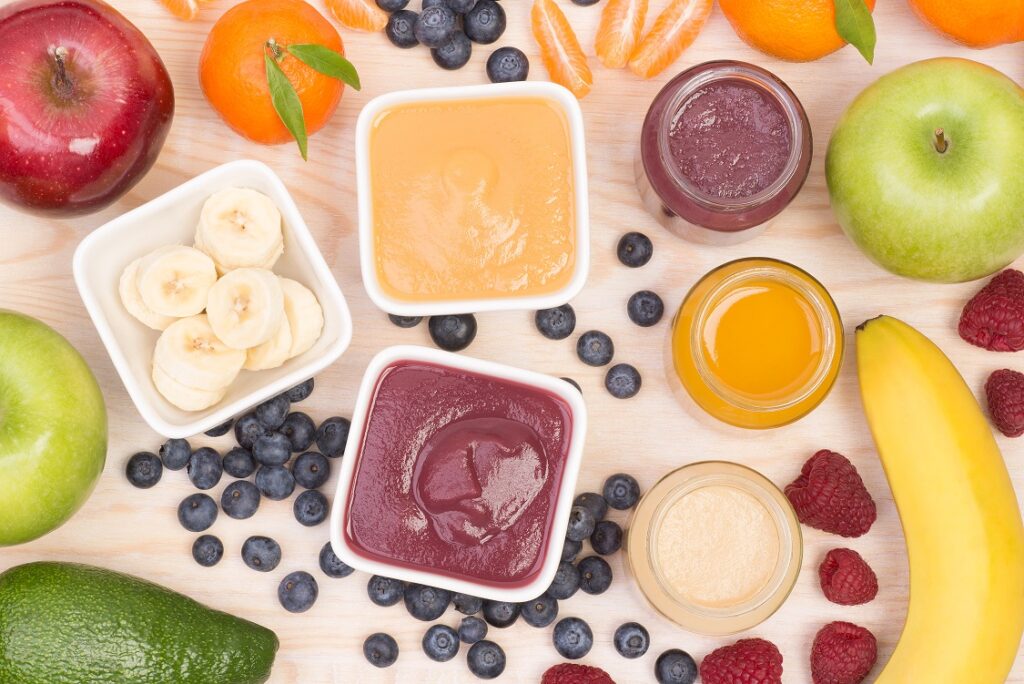
“Today there is a global trend of reducing sugar,” Dr. Eran Blachinsky, CEO of Better Juice, tells NoCamels in a Zoom interview. “People are adding less sugar to their coffee and drinking and eating less sweet products. Companies are trying to lower the sweetness or have alternatives for sweeteners in order to cater to this market.”
Better Juice’s solution uses natural enzymes to convert sugars in juice to non-digestible compounds, such as dietary fibers. The product removes sugar from all types of fruit juice. Because it is replaced with other sweet molecules, the process keeps all of the natural and healthy elements, without altering the sweet taste.
And that’s critical. Consuming healthier products can only happen when the taste is not compromised.
“We did a pallet test with 480 tasters here in Israel”, says Blachinsky. “After we explained to them that it is reduced sugar and rich in dietary fibers, they actually preferred it over the regular, sweeter juice.
“In fact, if I give someone a blind taste of our sugar-reduced juice by itself, without mentioning that it is sugar reduced, s/he probably would not even recognize the difference.”
Blue Tree’s Klein says their reduced sugar solution also maintains taste.
SEE ALSO: Israeli Food Tech Startup Amai Proteins Replaces Sugar With Healthy, Sweet Proteins
He explains that taste is made up of three components: Visual (our mind’s expectation), taste (from our tongue), which makes up 20% of the overall taste, and odor, which makes up the last 80%.
In Blue Tree’s process, the visual and odor components of taste are not affected at all. Taste from our tongue is the only aspect that is reduced, and since it makes up only a small percentage of the overall tasting experience, the difference is minimal, and oftentimes unnoticed.
“There are 17 billion liters of orange juice squeezed every year,” says Klein. “Around 50 percent of the market already likes the reduced sugar orange juice better, because they prefer it less sweet. Immediately, the product that we are going to bring will be preferred by a ton of people.”
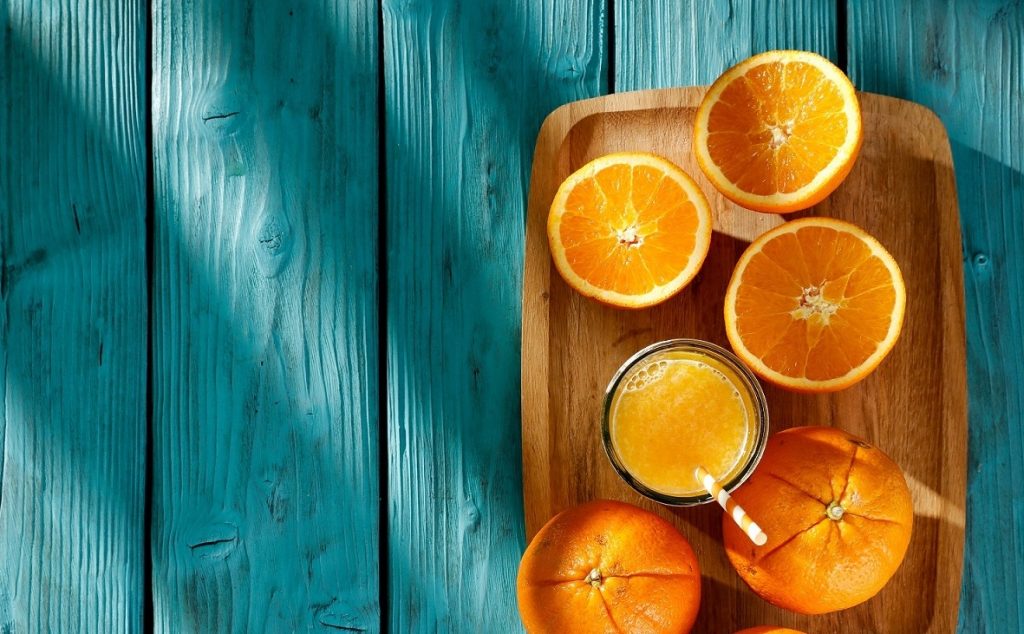
Both companies, Blue Tree and Better Juice, have signed deals with juice producers to take their solutions out of the lab and into our drinking glasses.
In December, Better Juice signed its first commercial deal to bring reduced-sugar juices made with its proprietary enzymatic process to US supermarkets.
“Better Juice has incredible potential to transform the global juice industry,” Colm O’Gorman, Head of Sales Management for GEA’s Global Technology Center for Non-Alcoholic Beverages, said in a press statement upon announcement of the commercial deal with the Rehovot-based company. “As consumer demand for lowered-sugar beverages continues to surge, we are eager to join Better Juice on this momentous journey. We look forward to delivering products that address one of the top consumer needs of reducing their sugar intake, especially in daily beverages.”
Sign up for our free weekly newsletter
SubscribeMeanwhile, Blue Tree has collaborations with international supplier of natural ingredients and compounds Prodalim as well as Priniv, leading Israeli manufacturer of natural juices and nectars.
Blue Tree was founded in 2017 and has raised $860,000 in the seed round of funding. The Kiryat Shmona based company recently signed a multimillion dollar deal with Prodalim to distribute 100 million liters of juice.
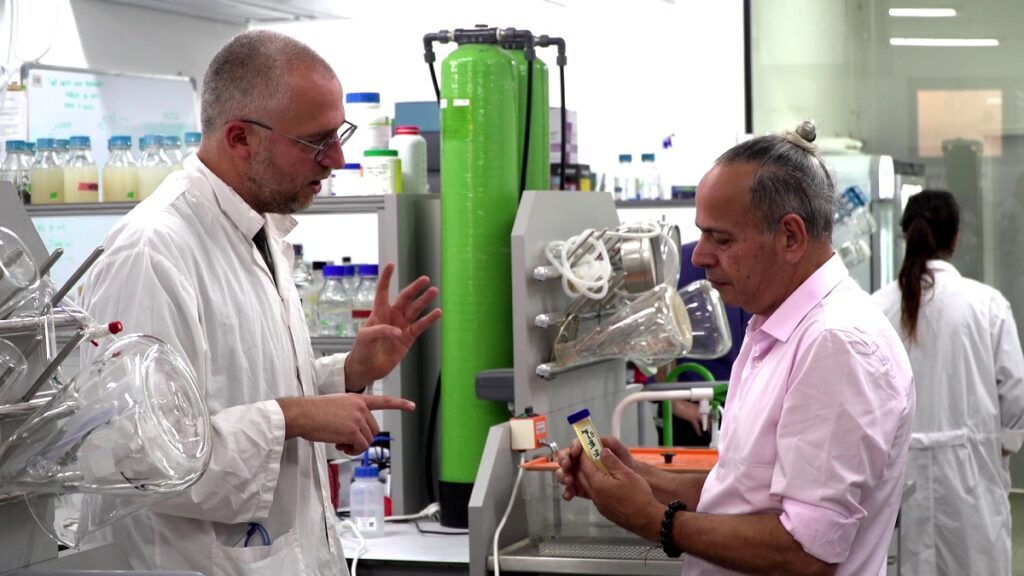
Better Juice was also founded in 2017, and the Rehovot-based company has raised over $8 million in a seed funding round last year.
The technology uses natural enzymes to change the molecular structure of sugar in the juice. The sugars are then converted into non-digestible compounds such as dietary fibers. The whole process is done through one continuous-flow column.
While there is no exact number, 30 percent sugar reduction seems to be the optimal amount across the board. If anything less than 30% is taken out, then it hasn’t reached the maximum efficiency, and if much more than that is removed then the taste is altered a little too much for the consumers’ liking.
However, the final percentage of how much sugar will be extracted is more complicated than that. “It is not really up to us to decide,” Klein says. “The manufacturing brands need to do some marketing in order to understand how much people want reduced- whether it’s 50% or 20% or anywhere in between. In addition there are strict regulations regarding what can be labeled as orange juice, which plays a role as well.”
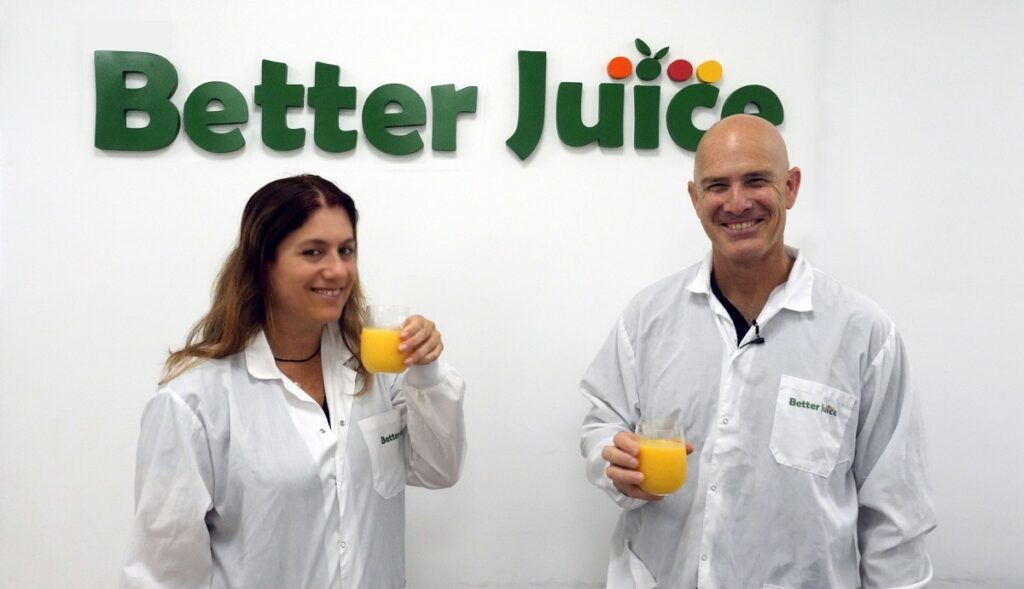
The consumer price is also a factor still to be considered.
“In the beginning, the price will be a little bit higher,” says Klein, “but we believe that in the end it’s going to be the same. It all depends on the amounts that are created. If we create 30 million liters, then it is a small amount in the global market. But if we make 100, or 200 million liters then the price difference will be negligible.”
While the global beverage industry is dominated by huge corporations such as Coca-Cola, these small Israeli companies aren’t worried.
In fact, this product offers a solution to the two-pronged problem that is facing the fruit juice industry: A decades-long reduction in fruit juice sales, and a global trend of reducing sugar.
Not just juice, wine too
“We are not competing with Coca-Cola or any other huge artificial drink company,” Blachinsky tells NoCamels. “We are providing a niche product from nature, and it doesn’t stop at juice. Although that is the biggest market we can also transform anything natural, such as maple syrup or agave.”
Klein says even the wine industry could benefit from reduced sugar innovations.
“We can do the same process with wine,” says Klein. “There is a big problem with wine today in which grapes contain more sugar. This creates a higher alcohol content which is bad for the industry. If we can take out the sugar molecule before it is turned into wine, then this is something we can fix.”
Both companies have big plans for 2022.
“We made our first sale to the US recently and we are hoping to sell more of our solution,” Blachinsky tells NoCamels, regarding his company Better Juice. “Our goal by the end of the year is to have our product on the shelves in supermarkets.”
“Our first big change for 2022 is leaving the startup incubator that we were part of through the Israel Innovation Authority (IIA),” Klein says of his company Blue Tree. “By the end of March, we will be setting out on our own. Our second goal is to build our first factory, and hopefully by the end of the year, we will see our product on the shelves.”
Bottoms up.
Related posts

Editors’ & Readers’ Choice: 10 Favorite NoCamels Articles

Forward Facing: What Does The Future Hold For Israeli High-Tech?

Impact Innovation: Israeli Startups That Could Shape Our Future


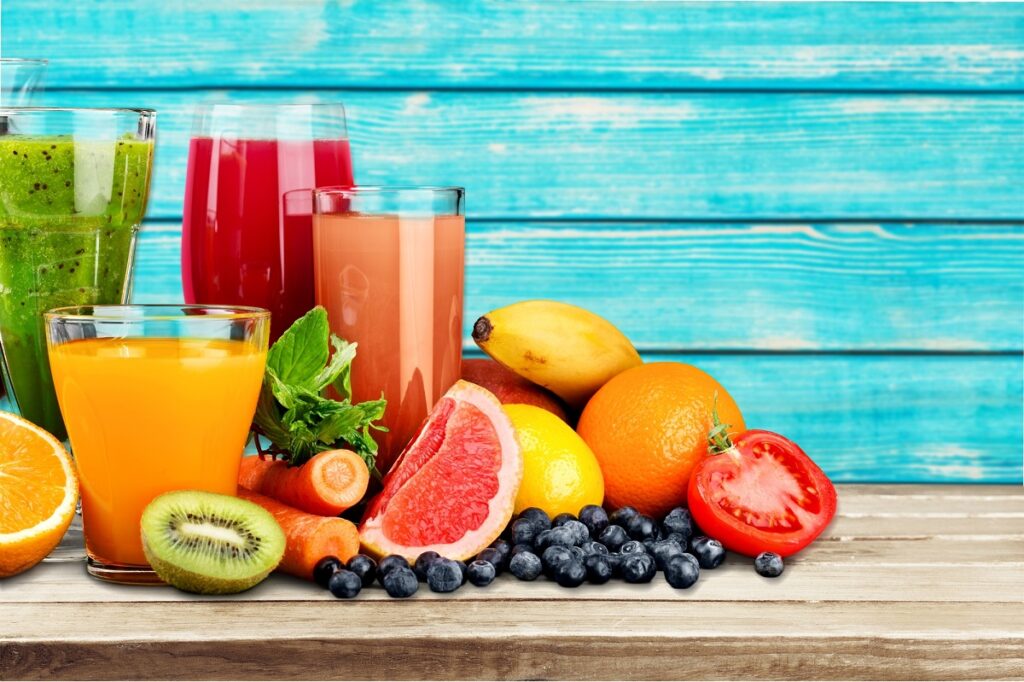

Facebook comments